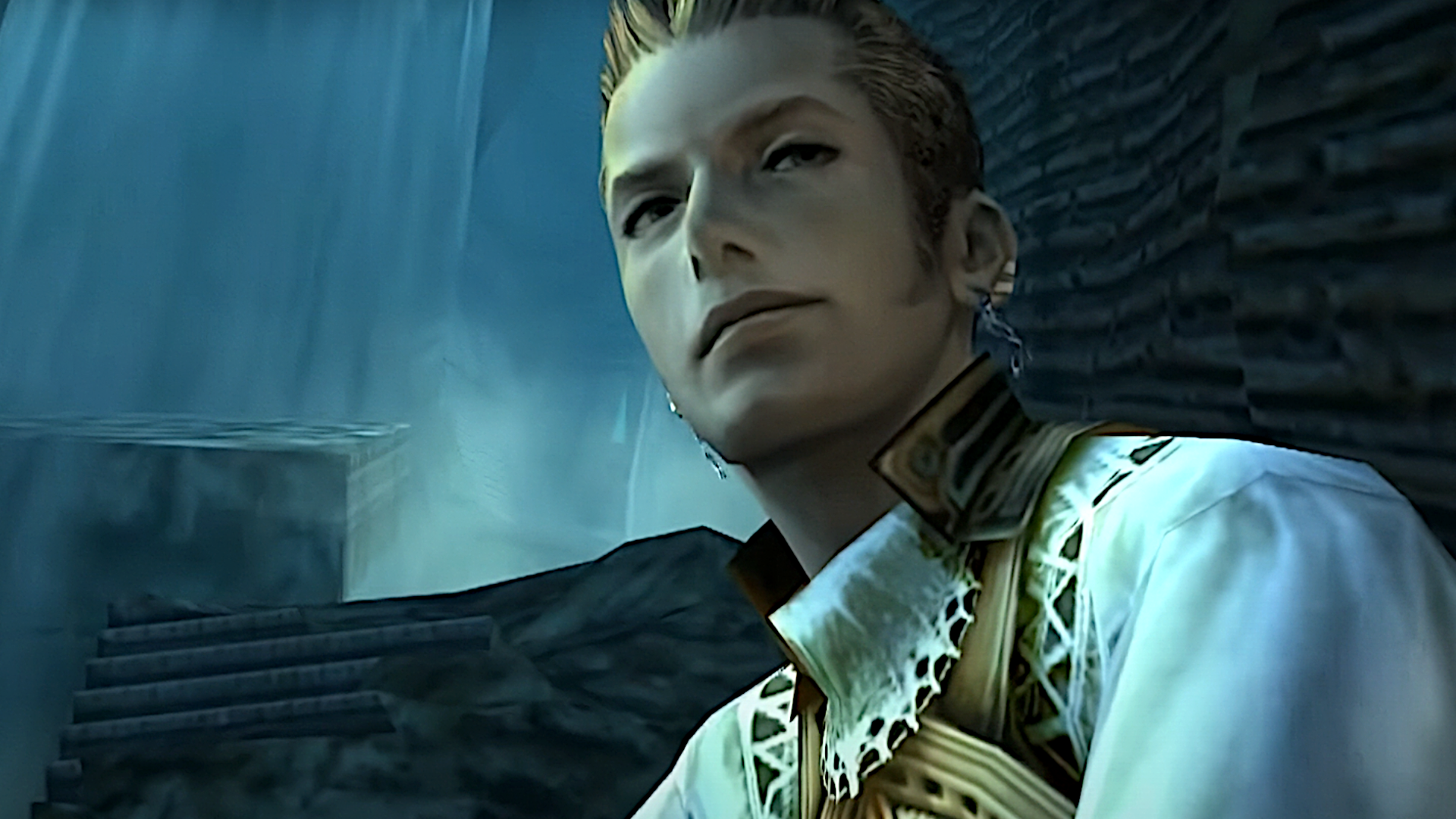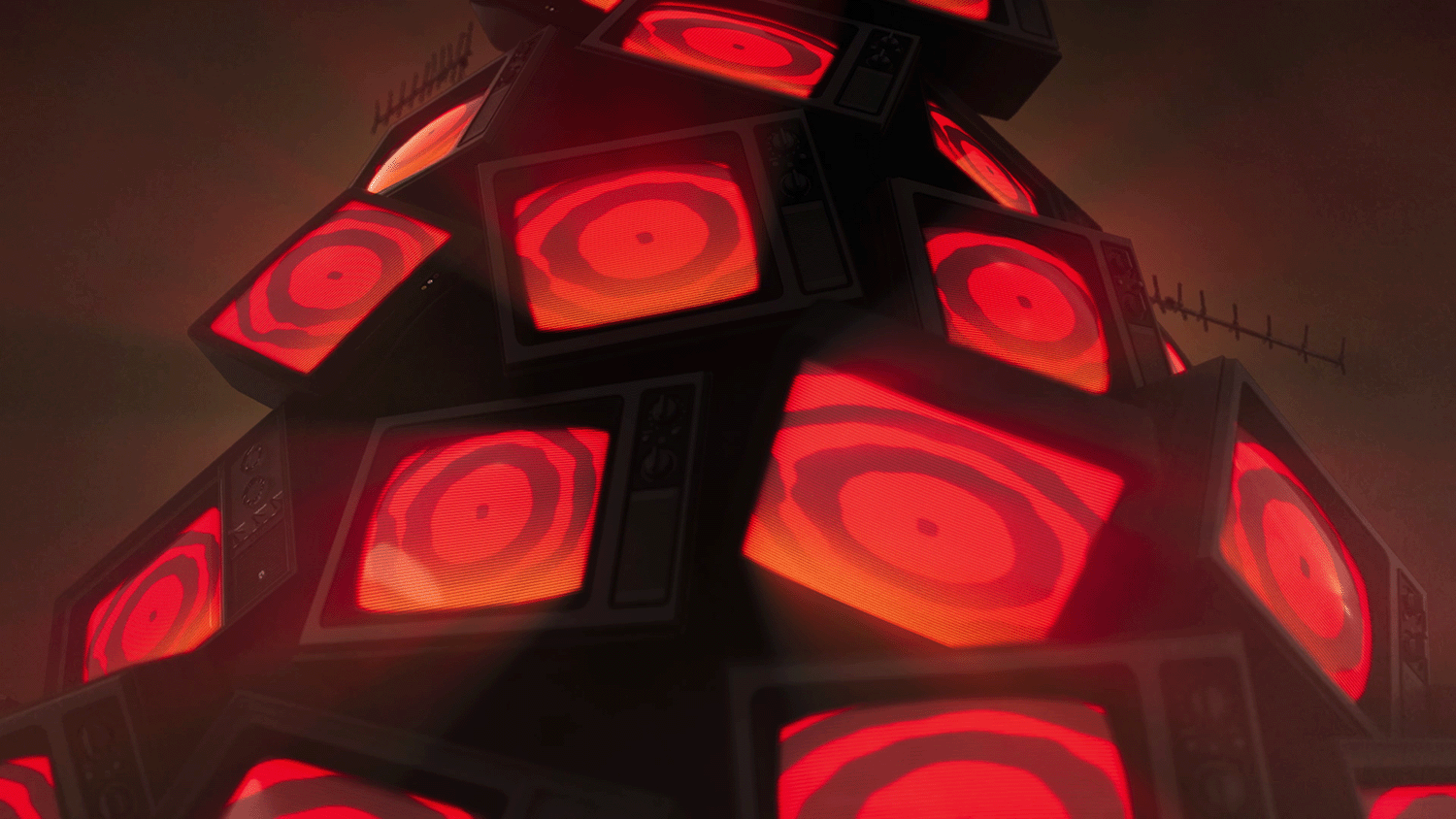
Heretic Review
Heretic opens in theaters Friday, November 15. This review is based on a screening at the 2024 Toronto International Film Festival.
Scott Beck and Bryan Woods made a name for themselves with a horror movie as laconic as its scared-silent characters: The average TV commercial has more dialogue than A Quiet Place, whose pages of wordless action the two co-wrote with director John Krasinski. So it comes as a surprise that Heretic, the new thriller written and also directed by the duo, is almost nothing but talk. That’s far from a bad thing, as it turns out: Arranging a religious debate with some rather high stakes, Heretic is such a richly verbal exercise in suspense that it actually brings to mind the flavorful tête-à-têtes of Quentin Tarantino.
Anyone who’s ever been cornered by a pushy evangelical on the bus or in the airport or right at their front door may experience a range of darkly mixed emotions watching Heretic. The film unfolds within a deceptively cozy suburban home after two Mormon teens come knocking on the wrong door, literature in hand. While plenty of horror movies have made the devout the monster, our sympathies here are definitely meant to lie with the missionaries… though that doesn’t preclude recognizing the wicked irony of their crucible, in which the girls face a twisted perversion of their usual conversion chats.
Neither the eager, chipper Sister Paxton (Chloe East) nor the more worldly and possibly doubtful Sister Barnes (Sophie Thatcher) is a stereotype. “That South Park musical makes fun of us,” Sister Paxton says, but Beck and Woods really don’t. Nor do they mark their heroines as clueless dolts for failing to see the danger they quickly get themselves into. Yes, Mormon doctrine forbids women from entering the home of a man they don’t know when another woman isn’t present. But Mr. Reed (Hugh Grant, under thick reading glasses and a wardrobe fit for Mr. Rogers) insists his wife is just in the other room baking a pie. Plus, he seems as charming and nonthreatening as, well, Hugh Grant.
Mr. Reed turns out to be something of a religious scholar himself. He’s more than willing to talk about faith with his guests. But there’s a certain edge to his friendliness, and around the time he broaches the topic of polygamy in the Church of Jesus Christ of Latter-day Saints, it’s clear that he’s not just humoring the girls, that he has motives for letting them inside. This just might be the liveliest Grant has been since About a Boy – or maybe ever. The plummy charisma, halfway between witty and stammering, that’s served the actor so well in romantic comedies becomes a flytrap here. It’s a brilliantly insinuating performance, and the film builds its whole gauntlet of escalating tension around it.
Heretic is a heady and playful nightmare. Like its villain, it takes a dark pleasure in slowly easing an audience into malevolence. The film’s clever spin on holy horror is pitting its pious heroines not against a Satanic threat but an arrogantly rational human one. For all his persuasive logic, Grant’s joshing paternal creep is like a “debate me” bro masquerading as a Bond villain. Without a cursed metaphor – the crutch of too many of Heretic’s fellow A24 shockers – Beck and Woods aim for a larger point about how the proudly secular can be just as overbearing and tyrannical as the religious fanatics they claim to rail against. Another irony: While the bad guy bloviates about blind faith, his captives think in material terms, looking for salvation in loose boards and narrow windows.
The first hour of the movie is nearly perfect, an expertly paced drift into madness and danger. Again, there’s a surprising amount of Tarantino in Heretic’s genre liturgy. The video-geek maestro would certainly appreciate how these filmmakers subvert and exploit Grant’s aging star power, and the Christoph Waltz manner in which the British actor rhetorically ramps up to violence from under a mask of false civility. The monologues are constructed, for the full QT effect, around illustrative pop-culture touchstones: board game history, melodic FM plagiarism, a hilarious and unexpected Star Wars impersonation.
The first hour of Heretic is nearly perfect.
Only when Beck and Woods descend, finally and explicitly, into the darker depths of their premise does Heretic relinquish its power. The movie thrives on the edge of horror, and disappoints a little once it fully tumbles over into it. The mounting suspense is, like faith, a reward in and of itself. Besides which, the subterranean scenes of the second half dim the lights and the visual pleasures; where once we looked upon striking stretches of stairs and almost fairy-tale forest, now we strain to make out facial features in the low illumination of a basement. As for the cutaways to a concerned Mormon elder (an unrecognizable Topher Grace) braving the dark and stormy night: This is not a squirmy, pressure-cooker situation from which we should be offered any escape.
Even if it doesn’t entirely stick the landing, Heretic is still mostly a hoot – and an unpredictable midnight movie with things to say about belief, disbelief, manipulation, and conviction. Thankfully, it’s Grant doing the talking; cast gloriously against type, he savors every line of faux-chumminess and gleeful sacrilege. Who knew he had such a monster in him? It’s a welcome surprise, like the caretakers of the Quiet Place revealing a gift for gab.






